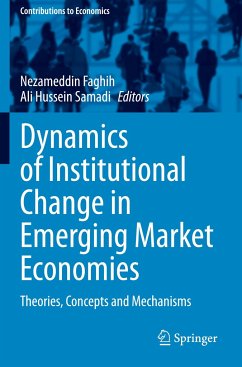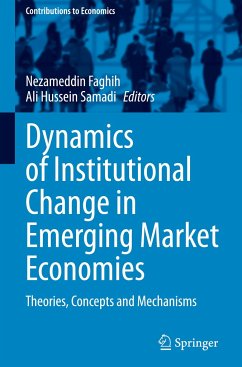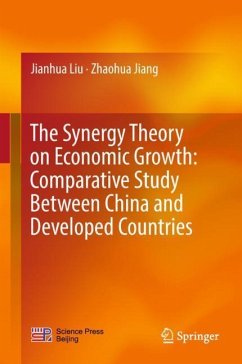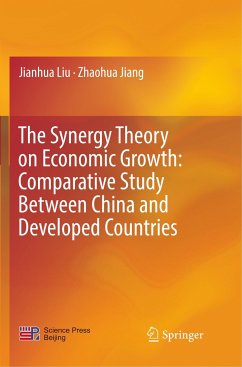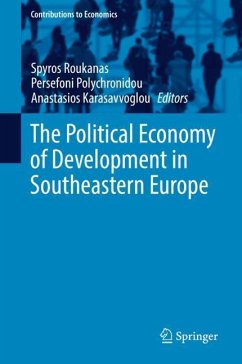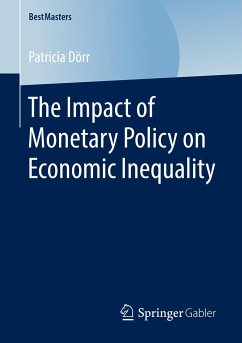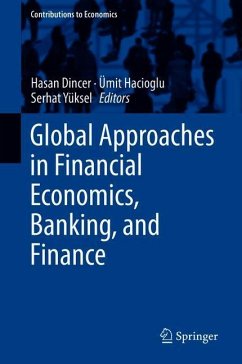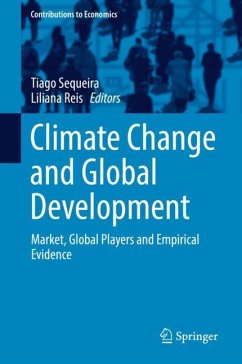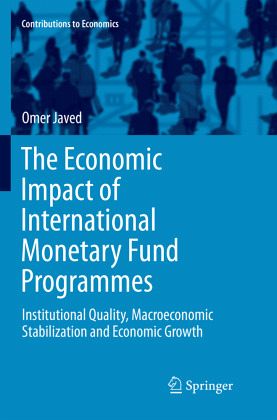
The Economic Impact of International Monetary Fund Programmes
Institutional Quality, Macroeconomic Stabilization and Economic Growth
Versandkostenfrei!
Versandfertig in 6-10 Tagen
38,99 €
inkl. MwSt.
Weitere Ausgaben:

PAYBACK Punkte
19 °P sammeln!
This bookinvestigates the impact of International Monetary Fund (IMF) programmes onmacroeconomic instability and economic growth in recipient countries. Employingthe New Institutional Economics approach as an analytical framework, it identifiesthe determinants of economic and political institutional quality by taking intoaccount a broad variety of indicators such as parliamentary forms ofgovernment, the aggregate governance level, civil and economic liberties,property rights etc. The book subsequently estimates the impact of theseinstitutional determinants on real economic growth, both directl...
This bookinvestigates the impact of International Monetary Fund (IMF) programmes onmacroeconomic instability and economic growth in recipient countries. Employingthe New Institutional Economics approach as an analytical framework, it identifiesthe determinants of economic and political institutional quality by taking intoaccount a broad variety of indicators such as parliamentary forms ofgovernment, the aggregate governance level, civil and economic liberties,property rights etc. The book subsequently estimates the impact of theseinstitutional determinants on real economic growth, both directly and alsoindirectly, through the channel of macroeconomic instability, in recipientcountries. Moreover, it illustrates the effectiveness of IMF programmes in thecase of Pakistan, a frequent user of IMF resources.



